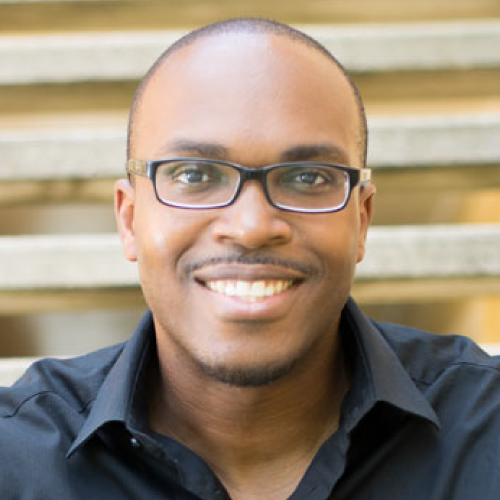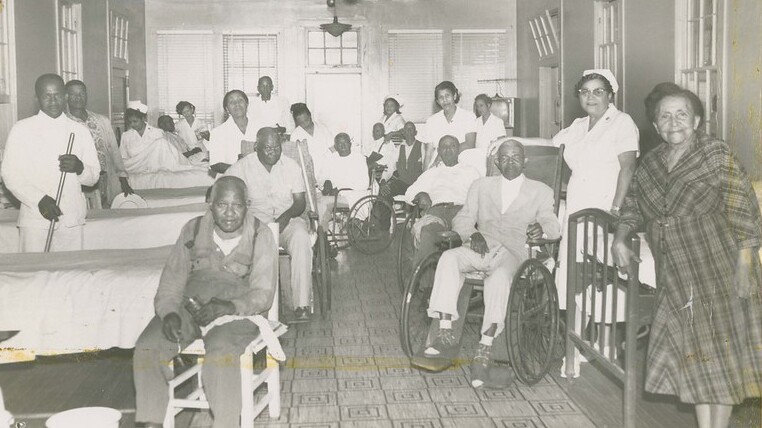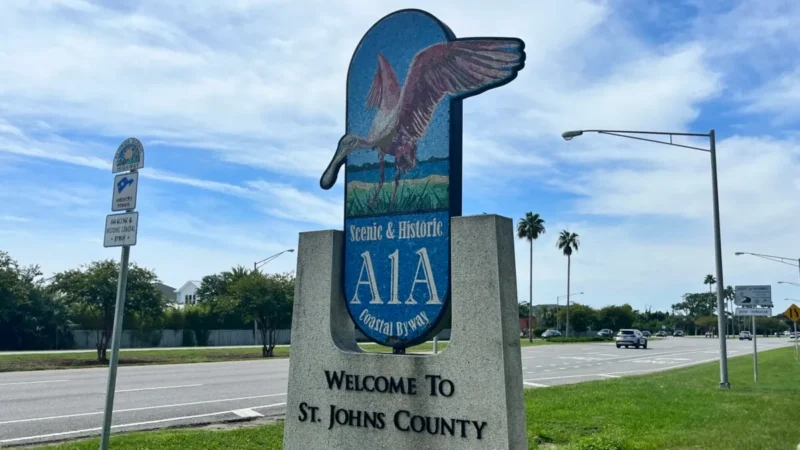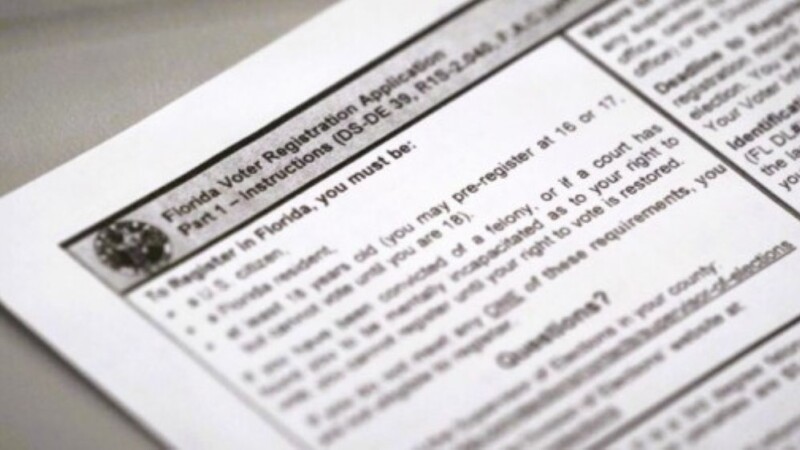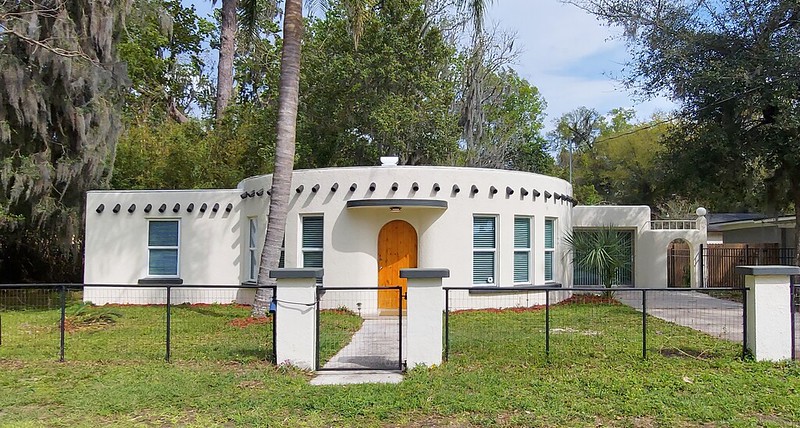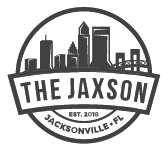
Born in Jacksonville in 1876, Eartha Mary Magdalene White followed her formerly enslaved mother’s example by dedicating her life to improving living conditions for the city’s poor. Today, White is best known for founding LaVilla’s Clara White Mission. However, nicknamed the “Angel of Mercy,” White was much more than a humanitarian, philanthropist and civil rights activist. She was also a prominent businesswoman during the height of segregation and a charter member of the National Negro Business League and Jacksonville Business League. Here are just five of the businesses and public spaces that she established.
Old Folks Home

In 1902, White opened the Old Folks Home on Milnor Street on the Historic Eastside to provide housing and care for elderly African Americans in Jacksonville. The property eventually grew to include a hospital and orphanage for African American children, and eventually, White replaced the Old Folks Home with a much larger and modern facility in Moncrief, a few miles northwest of Downtown. Completed in 1967, the Eartha M.M. White Medical Care, Inc. was designed as a three-story, 125-bed nursing home. Now the Jacksonville Center for Rehabilitation and Healthcare, the Eartha M.M. White Medical Care building is located near Clara White Mission’s White Harvest Farms at 5377 Moncrief Road.
Eartha White Dry Goods

In 1904, White opened a department, or “dry goods,” store on the southwest corner of Florida Avenue and Odessa Streets on the Historic Eastside. Catering to the surrounding community, the store at 1050 Florida Ave. was the first of many businesses that White would successfully launch during her lifetime. Prior to the Great Depression, she would work to make the businesses profitable, sell them, and use the proceeds on new businesses in order to build up financial resources to support humanitarian efforts.
Mercy Hospital

For many years, LaVilla’s Brewster Hospital was not the only hospital for African Americans in the city prior to desegregation: White opened Mercy Hospital at 1449 Milnor St. on the Eastside to care for tuberculosis patients. Along with the Old Folks Home, Mercy Hospital eventually moved across town and became the Eartha M.M. White Nursing Home on Moncrief Road.
Oakland Park

Through the work and influence of White, Oakland Park was dedicated on July 4, 1918, in Jacksonville’s Historic Eastside neighborhood. The park was the first playground established by the city of Jacksonville for African American children during segregation. Opening day ceremonies included a parade that started at Old Stanton High School in LaVilla, just west of Downtown. At the time of its opening, the park was described as having outstanding trees and being bounded by two cemeteries, streetcar tracks and a railroad crossing. Today, 106 years later, Oakland Park has retained its mature landscape which is characterized by several large Spanish moss-draped oaks.
Service Laundry Co.


During the 1920s, White owned and operated the Service Laundry Co., a steam laundry business in LaVilla, just west of Downtown, at 1414 Cleveland St. Throughout the 1920s, the business used advertising slogans such as “Cleanliness next to Godliness,” “Put Your Duds in Our Suds, and “We Wash Everything but a Dirty Conscience.”
Lead photo: Eartha White (far right) with male patients and hospital staff at Mercy Hospital circa 1958 | University of North Florida Digital Commons
